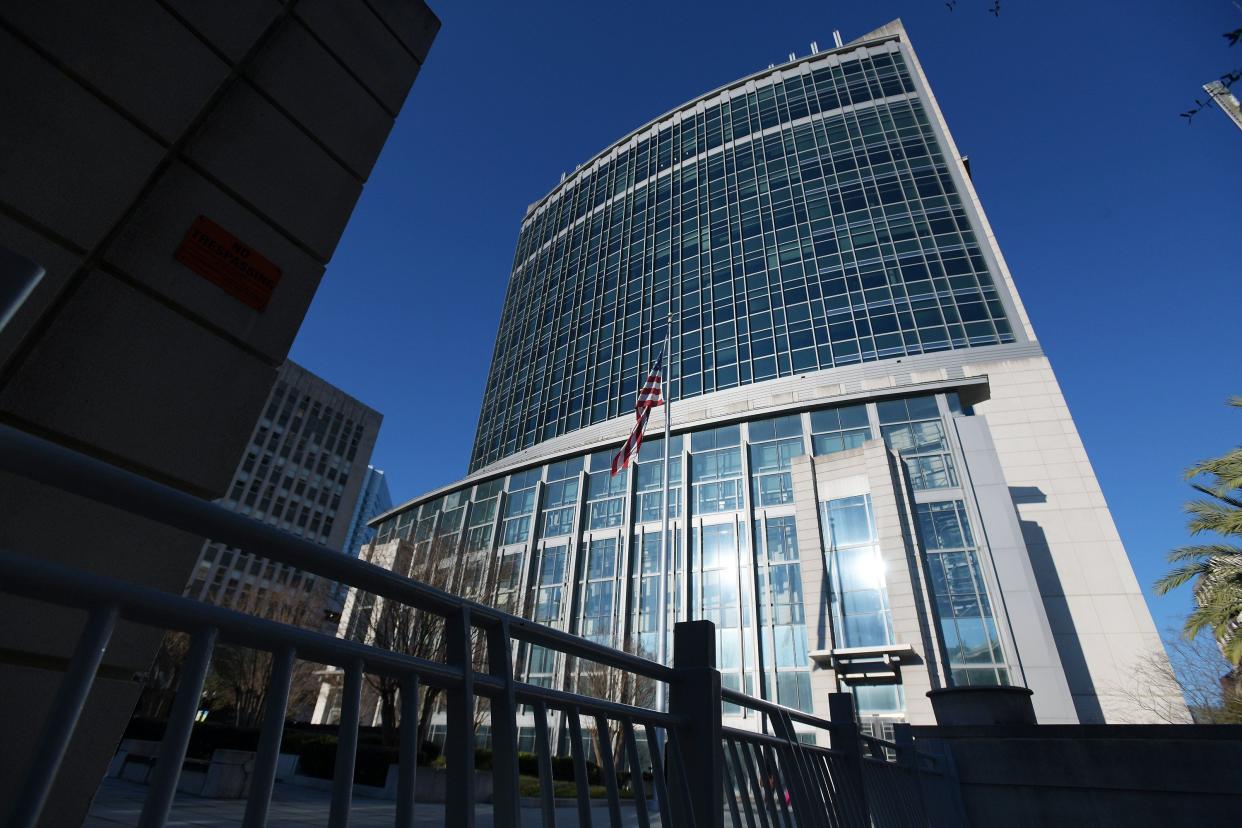JEA trial: Jurors begin deliberations in trial of former executives Zahn and Wannemacher

Jurors began deliberations Thursday morning on whether former JEA executives Aaron Zahn and Ryan Wannemacher engaged in criminal conspiracy and wire fraud by carrying out a plan that prosecutors allege would have stolen money from Jacksonville if the city had sold JEA.
Jurors heard testimony and evidence together over the course of the trial that started Feb. 28 but they split into two rooms for deliberations. One set of 12 jurors will decide on Zahn, the former CEO, and the other will deliver a verdict on Wannemacher, who was chief financial officer at JEA.
They were top executives at the utility in 2019 when the JEA board approved putting the city-owned utility sale and also backed a new long-term incentive program that would trigger enormous payments to JEA employees if the city had sold the utility.
Prosecutors told jurors Zahn and Wannemacher conspired in the creation of the incentive plan and then concealed the amount of money at stake in it from the JEA board when the board approved it on July 23, 2019 at a meeting where the board also gave the go-ahead to inviting offers for a potential sale of the utility.
Timeline: Conspiracy trial of Aaron Zahn and Ryan Wannemacher caps tumultuous years for city and JEA
Meet the defendants: Former JEA executives Aaron Zahn and Ryan Wannemacher are on trial: How they got there
No photos, no videos: In ex-JEA executives' trials, these are rules for reporters, spectators
An attorney for Zahn told jurors he was hired at JEA to bring innovative ways of thinking to the utility and the incentive plan fit into that approach by drawing from the private sector for incentivizing employee performance. Zahn' defense has argued he did not stop a large group of lawyers from scrutinizing the plan and he decided in November 2019 to suspend it before it was implemented.
An attorney for Wannemacher said he had a limited role in the incentive plan and never told any falsehoods about it when answering questions from board members or the City Council Auditor's Office. The auditors dug into the "performance unit plan" and told City Council in November 2019 it could deliver several hundred million dollars to JEA employees if the utility were sold.
Money & Power: Inside the campaign to privatize JEA
More big cases: Before Aaron Zahn's JEA trial, Jacksonville had lots of scandals in court. Remember these?
Assistant U.S. Attorney A. Tysen Duva said the City Council Auditor's Office deserves credit for exposing the value of the plan. The government alleges that if it that hadn't been brought to light, Zahn and Wannemacher would have been able to steal money from the city of Jacksonville by using the incentive plan to cash in on a portion of the sales proceeds that belonged to taxpayers.
If convicted on all counts, Zahn and Wannemacher each faces up to 25 years in prison
This is a developing story. Check back for trial updates.
This article originally appeared on Florida Times-Union: Federal juries start deliberations in JEA trial in Jacksonville

